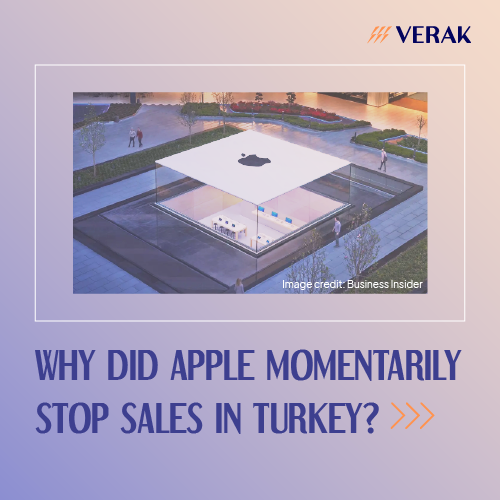
#SpaceX launches 48 new #Starlink satellites into orbit!
Are they insured?
Elon Musk’s aerospace company SpaceX successfully deployed 48 new Starlink satellites into orbit this Wednesday. (1/5)
Are they insured?
Elon Musk’s aerospace company SpaceX successfully deployed 48 new Starlink satellites into orbit this Wednesday. (1/5)
Starlink is a constellation of broadband satellites that SpaceX is assembling in low earth orbit to provide internet access to most of the world.
This mission to provide high-speed internet to remote locations has been widely commended, but it isn't free from controversy. (2/5)
This mission to provide high-speed internet to remote locations has been widely commended, but it isn't free from controversy. (2/5)
As over 6000 #satellites orbit Earth, many astronomers have pointed out the increasing chances of collision with an aircraft or another satellite. If such a collision were to occur, the loss would be astronomical!
And this is where Satellite Insurance becomes useful. (3/5)
And this is where Satellite Insurance becomes useful. (3/5)
This covers-
1. Satellite risk - including third party liability coverage, loss or damage to satellite during pre-launch, launch, and while in orbit
2. Ground risk - including coverage for replacing computer systems and other expenses from unexpected accidents on ground. (4/5)
1. Satellite risk - including third party liability coverage, loss or damage to satellite during pre-launch, launch, and while in orbit
2. Ground risk - including coverage for replacing computer systems and other expenses from unexpected accidents on ground. (4/5)
It primarily covers replacing or relaunching a failed satellite, and any liability for damage to third parties caused by the satellite or the launch rocket.
It is not clear if SpaceX has its Starlink satellites insured.
Get more insights at insights.verak.in! (5/5)
It is not clear if SpaceX has its Starlink satellites insured.
Get more insights at insights.verak.in! (5/5)
• • •
Missing some Tweet in this thread? You can try to
force a refresh




